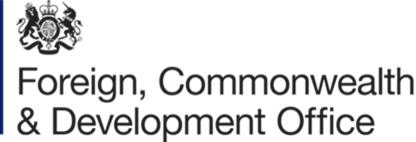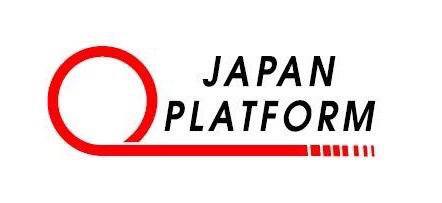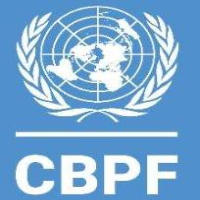Health:
At THESO we believe that only increasing access and the cost of healthcare in South Sudan isn’t sustainable, rather there is need to improve the outcomes for the money spent through quality value-based healthcare. The real potential of value-based healthcare will be realised only when the approach is applied successfully at scale – at the national, state, county and community levels.
As part of the movement to make value-based care a reality in South Sudan, THESO has developed five key pillars of a shift towards this more patient-centric approach:
-
Health Systems Strengthening—THESO works with South Sudan national ministry of health and other stakeholders to unlock governance, financial, and market potential to tackle health systems failures, improve accountability, and expand equitable access to high-quality health services and products in support of universal health coverage.THESO work across high-priority public health areas including reproductive, maternal, new-borns, child, and adolescent health; nutrition; clean water; malaria; neglected tropical diseases; and other communicable and noncommunicable diseases.We are building bridges with other local sectors actors, engaging community leaders, nongovernmental groups, governments, and the private sector to foster resilience, expand economic opportunity, and improve health outcomes through our integrated programming.
-
Data and Health Informatics –Value-based healthcare demands a comprehensive informatics infrastructure for collecting, sharing and analysing data information for each population segment along the full cycle of care. It’s time to strengthen South Sudan Health informatics systems to share common data standards and architecture in a most effective, with increase uptake and consistent use to inform national health blue prints. We intend to work with government of South Sudan to develop interoperability between eHIS and other public health informatics systems, including Data for Accountability, Transparency, and Impact Monitoring (DATIM), and Laboratory Information Systems. Our health informatics experience shall span DHIS2, SmartCare, OpenMRS, CommCare, MESI, and IQCare.
-
Benchmarking, Research and Tools –THESO envision South Sudan to emerge and lead the way in terms of achieving positive outcomes relative to the investment being made into the health system. We seek to work with national ministry of health to look at the best health systems such as Finland, Sweden, Norway and UK for guidance on how to build a good health system to achieve greater parity between healthcare spending and outcomes.
Only highly granular levels of data about health outcomes can help identify best practice treatments more easily and dramatically reduce inefficiency in South Sudan. This level of detail shall require systemic benchmarking, new types of research and the development of sophisticated decision-support tools. Measurement is the first step and needs to be considered in the sense of benchmarking and then change current protocols. We shall ‘measure, benchmark, improve South Sudan health systems and make it better unified and aligned with all stakeholders around the outcome of good care. -
Sustainable Human Resources for Health –THESO will work with national ministry of health to develop a holistic renumeration model that attracts and retains healthcare cadres at each level of care chain in South Sudan to ensure that accessible and quality healthcare services is sustainable and locally own. This shall address the gap created by most healthcare provider networks in South Sudan that are currently organised around function at each stage of the care chain making it difficult to achieve true transparency and effective coordination.
In theory, this shall allow patients to find the most appropriate treatment setting for their condition, but in practice, this often means each link in the chain is managed separately. As a result, incentives for clinicians at the various levels often conflict and we need to innovatively change and create some new accessible quality healthcare for all in South Sudan. Incentives and payments – In South Sudan many remuneration models in the private sector simply reward providers for the volume of treatment they provide, meaning it can be more profitable to prolong illness than treat it. In the public sector, the fragmentation of priorities and objectives across government, donors and UN agencies can lead to compartmentalized spending, rather than a holistic approach. -
Embrace Health Technology –THESO is innovating health technologies including artificial intelligence in a way that will transform health systems to achieve South Sudan vision 2040 and beyond. Our future lies in creating the “instruments” that brings together disparate tools in a fully integrated system that will spans from the individual patient all the way up and across the national health system. Together with the government and partners, we will offer a broad spectrum of integrated services to address the evolving global health and development challenges of the 21st century, with an emphasis on people-centred, tech-enabled, data-centric solutions focused primarily on the quality and equal access of healthcare services by all citizens.
Sharp improvements in maternal and child survival health and nutrition, disease surveillance and response shall be achieved by contracting with national/local NGOs to provide basic health services. Innovative financing approaches shall help shape South Sudan government’s transformation of its healthcare sector through catalysing large scale investments in women and children’s health and nutrition.












